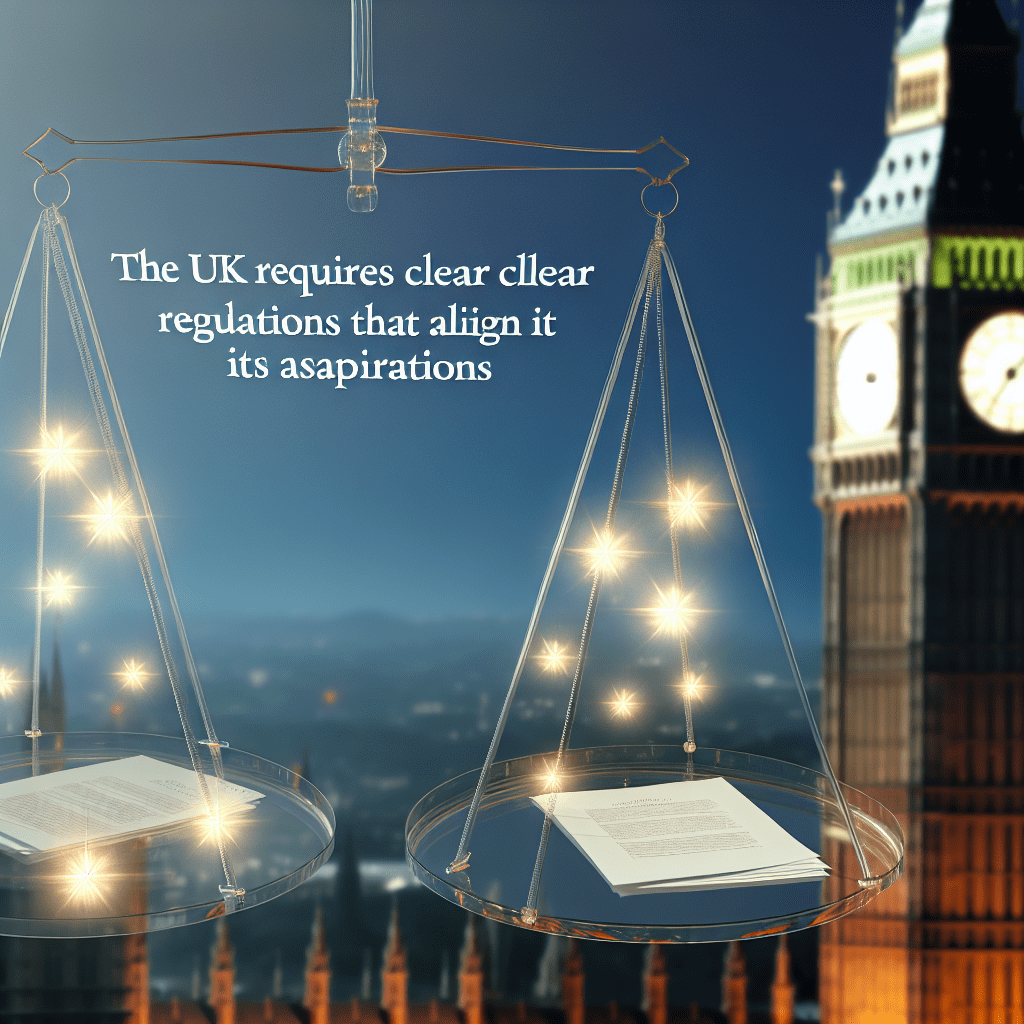
Opinion by: Azariah Nukajam, head of regulation and compliance at Gemini
The UK is at a pivotal moment regarding its approach to the swiftly changing digital assets landscape.
Having established itself as a significant financial force in the global economy, the government has frequently articulated its ambition to position the UK as a “leading global crypto hub.” However, the progress in policy development has been sluggish, inconsistent, and lacking in ambition.
Delay can be costly in an industry as dynamic as crypto and decentralized finance (DeFi). Capital, talent, and innovation are readily movable, and the UK risks falling behind more proactive locations such as the US and Singapore.
To maintain its competitiveness, the government must translate its aspirations into actionable policies while drawing insights from international counterparts.
Aspiration versus execution
The Financial Conduct Authority (FCA), the UK’s financial regulator, alongside the UK government, should collaborate to nurture the sector and ensure compliance with practical, achievable regulations. The government is tasked with establishing the legal framework, while the FCA is responsible for enforcement and providing guidance on compliance timelines.
Consistent and progressive legislation is crucial for a thriving market. In contrast, the previous US administration adopted a “regulation by enforcement” strategy, lacking a definitive agency to outline the governing rules for the crypto sector.
The UK government has recently suggested a Draft Statutory Instrument (SI), aiming to create a progressive regulatory framework for crypto assets to foster a crypto-friendly environment within the UK. While theoretically a significant milestone for the digital asset sector, it represents merely a small advancement in practice for several reasons.
Discussions among industry stakeholders frequently highlight the slow reform pace; institutions have long been waiting for clarification regarding the UK’s position on listed crypto products. In August, the FCA opened retail access to crypto exchange-traded notes, yet crypto exchange-traded funds (ETFs) remain prohibited.
Moreover, uncertainties surrounding the regulatory definitions for DeFi, a rapidly developing segment of the market, complicate navigation for crypto firms between DeFi and centralized finance (CeFi).
Related: 40% of UK crypto users report blocked payments amid surge in ‘anti-consumer’ practices
The proposed legislative and regulatory measures impose significantly more reporting burdens, placing stress on firms’ compliance teams and undermining the privacy principles associated with decentralization. One example is the automated tax reporting to HMRC (the UK’s tax, payments, and customs authority), which many contend will deter investors from utilizing UK-based exchanges and push them towards jurisdictions with more favorable tax regimes.
If the government fails to heed industry feedback and create a well-rounded framework that balances consumer protection and innovation, it risks falling behind in the global crypto competition.
A proactive regulator
Conversely, the FCA has taken a more structured and engaged stance towards the UK’s crypto sector, showing a willingness to collaborate with crypto firms to prevent market abuses and protect consumers while remaining competitive.
Unlike the government, which often appears reactive, the FCA has been proactive: organizing roundtables, soliciting industry feedback, and outlining a phased approach to regulatory development via its Crypto Roadmap. They have also supplied more detailed guidance on efficiently implementing specific regulations, encompassing consumer protection, market integrity, and support for responsible innovation. Even if market players disagree with the FCA’s suggestions, this is crucial in an industry that prioritizes transparency and predictability, ultimately fostering confidence among UK crypto businesses and investors.
However, the challenge lies in ensuring the FCA’s rules are proportional. While larger firms may manage significant compliance costs, smaller startups may find these burdens prohibitive, discouraging them from operating in the UK.
A route to crypto leadership
The positive takeaway is that there is still an opportunity to alter course. Other jurisdictions have already taken decisive steps in their crypto regulation. The EU’s Markets in Crypto-Assets Regulation framework provides clear and comprehensive operational rules for businesses, while the CLARITY and GENIUS Acts set the US on a trajectory toward global crypto leadership, and the Monetary Authority of Singapore has rolled out a rigorous licensing system alongside regulatory sandboxes and pilot programs. While a second-mover advantage may allow the UK to learn from the experiences of others, it also risks being disadvantaged if it doesn’t act swiftly to resolve industry concerns.
The regulator has established a solid foundation, and through enhanced collaboration with the government, ambitious goals, and precise execution, the UK can cultivate an environment conducive to leading the global crypto economy.
Opinion by: Azariah Nukajam, head of regulation and compliance at Gemini.
This article is for informational purposes only and should not be construed as legal or investment advice. The views expressed here are solely those of the author and do not necessarily reflect the opinions of Cointelegraph.

